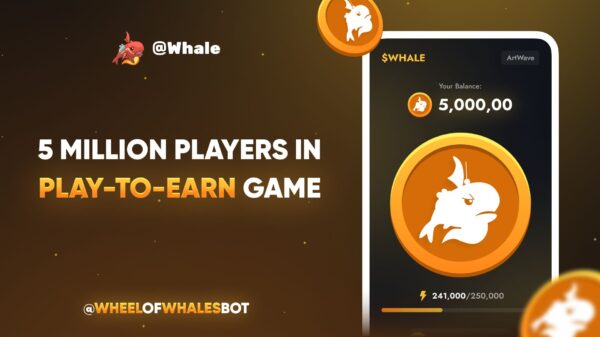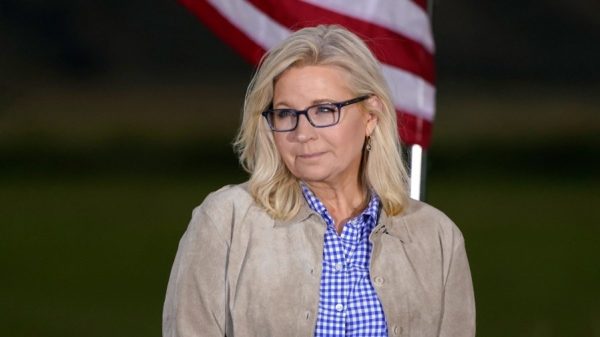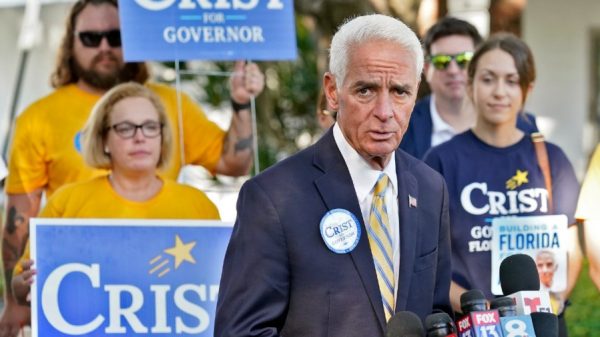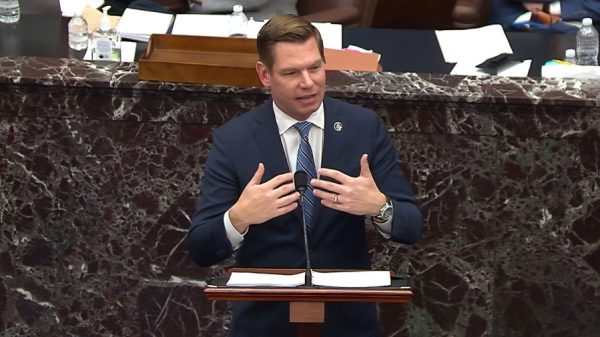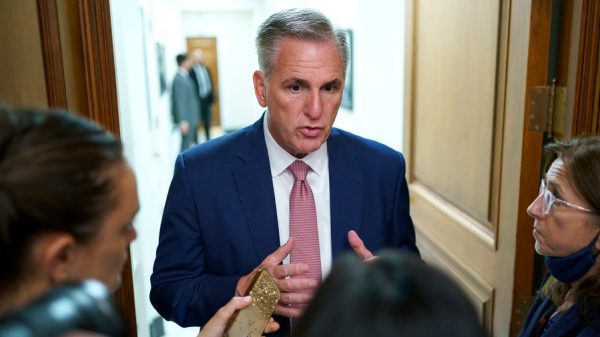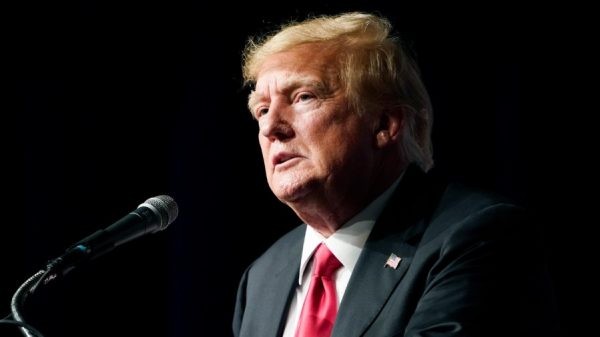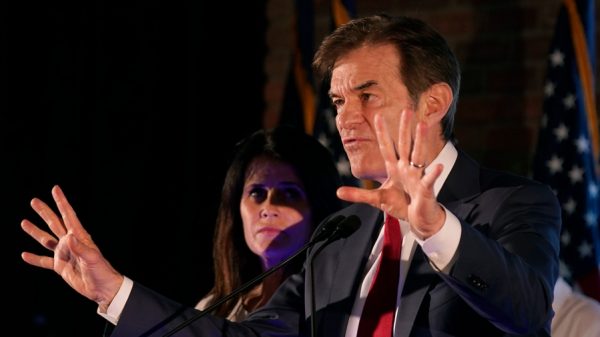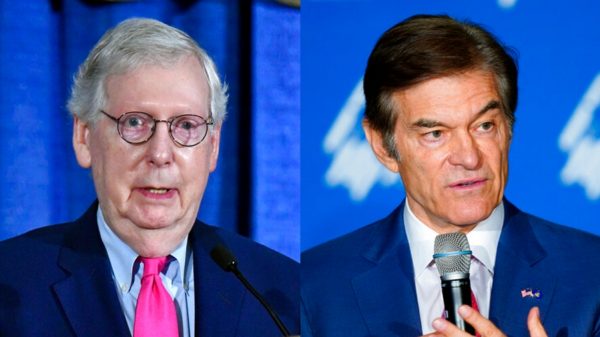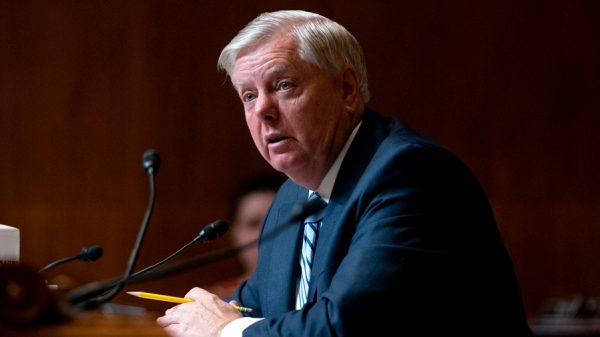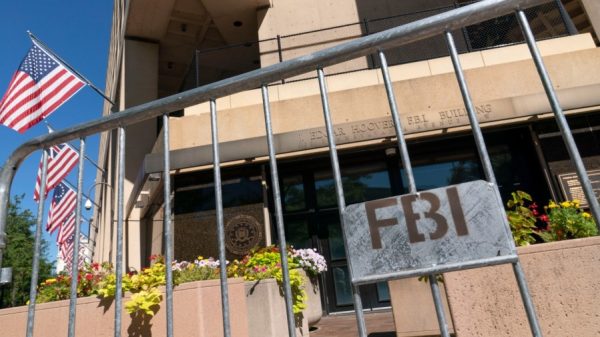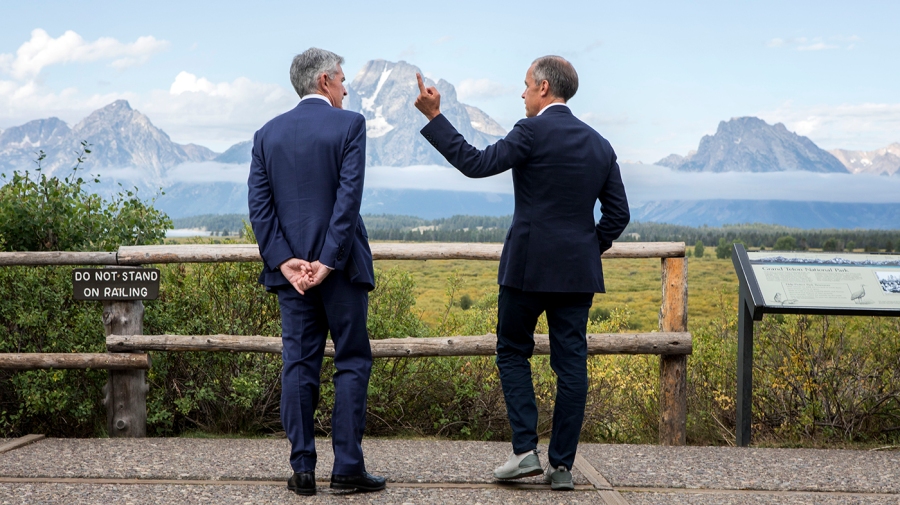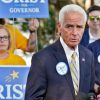Top Federal Reserve officials will spend three days plotting the next moves in their fight against inflation from a Wyoming ski resort as millions of Americans struggle with the rising cost of basic goods.
The Fed’s annual summer policy summit in Jackson Hole, Wyo., kicks off Wednesday as the bank attempts to steer the U.S. out of high inflation and away from a recession.
The event, which is closed to the public, begins with two days of panels and paper presentations focused on a central theme and concludes with a speech from Fed Chairman Jerome Powell.
While only a few dozen attendees will witness Powell’s remarks, the text of his speech could give financial markets, Fed analysts and the American people a closer look at his views.
“It’s a chance for the chair to speak his mind,” said Steve Englander, global head of North America strategy at Standard Chartered Bank, in a Tuesday interview.
“He can reference whatever he thinks is important and kind of guide readers to see how he views the world,” Englander said, comparing the Jackson Hole speech to the president’s annual State of the Union Address.
“There’s a feeling that it gives them greater insights,” he continued.
Like his predecessors, Powell has used his past Jackson Hole speeches to frame his vision on the Fed’s approach to its biggest challenge of the moment, beyond the month-to-month speculation of what the bank will do to interest rates.
Fed watchers generally don’t expect Powell to hint at what the Fed will do in September during its next monetary policy meeting — particularly with so much uncertainty facing the bank in its fight against inflation.
“While the U.S. economy is not in recession, and we do not believe it will fall into one this year, the impact of inflation will not soon dissipate,” wrote Joe Brusuelas, chief economist at audit and tax firm RSM, in a Tuesday preview.
“With inflation now permeating the housing sector, which will be difficult to unwind, Powell’s speech on Friday will almost certainly be one to remember and frame the domestic and global economic narrative into the beginning of the next business cycle,” he added.
Annual inflation fell slightly in July and prices held even month-over-month, according to Labor Department data released earlier this month. The numbers were an encouraging break from months of steadily increasing price growth. Gasoline prices have also continued to fall through August, and supply chain issues that drove much of the rapid increase in the prices of goods are also appearing to ease.
The combination of slowing price pressures and a steep decline in some sectors of the economy sensitive to higher interest rates — particularly housing — spurred speculation the Fed may soon ease up on interest rate hikes. Doing so could ease concerns of the Fed pushing the U.S. into a recession by raising rates to a point that stalls economic growth.
But the brief dip in inflation is likely cold comfort to Powell and the Fed, who were caught off guard by the persistence of rapid price growth through much of the past two years. The Fed is still working to rebuild its credibility after expecting inflation to fall far sooner, only to watch it rise despite a series of sharp interest rate hikes earlier in 2022.
“We are seeing some green shoots, but they don’t want to declare victory prematurely,” said Derek Tang, co-founder and economist at research firm Monetary Policy Analytics, in a Monday interview.
Tang, like many Fed experts, expects Powell to reinforce the Fed’s commitment to bringing inflation down while acknowledging the pain likely to come with higher interest rates. While the labor market has remained strong and added 528,000 jobs in July alone, it is unclear how much longer U.S. households can keep powering the economy through spending with rates on the rise.
“Even if inflation comes down, prices have still risen a lot over the last two years, so cost of living is still a big issue for many families,” he said. “Incomes are also rising, but they’re not necessarily keeping pace with inflation just so people feel for them.
“They are very kind of sensitive to that potential disconnect there. Because otherwise, you’re going to feel gaslighted right?” Tang continued. “They’re gonna be really careful about the messaging around that.”
